I have an binary file with shows glibberish infos if i open it in Notepad. I am working on an plugin to use with wireshark.
So my problem is that I need help. I am reading in an File and need to find 'V' '0' '0' '1' (0x56 0x30 0x30 0x31) in the File, because its the start of an Header, with means there is an packet inside. And I need to do this for the whole file, like parsing. Also should start the Frame with V 0 0 1 and not end with it. I currently have an Code where I am searching for 0x7E and parse it. What I need is the length of the frame. For example V 0 0 1 is found, so the Length from V to the Position before the next V 0 0 1 in the File. So that I can work with the length and add it to an captured length to get the positions, that wireshark can work with.
For example my unperfect Code for working with 0x7E:
local line = file:read()
local len = 0
for c in (line or ''):gmatch ('.') do
len = len + 1
if c:byte() == 0x7E then
break
end
end
if not line then
return false
end
frame.captured_length = len
Here is also the Problem that the Frame ends with 7E which is wrong. I need something that works perfectly for 'V' '0' '0' '1'. Maybe I need to use string.find? Please help me!
Thats an example how my file looks like if i use the HEX-Editor in Visual Studio Code.
